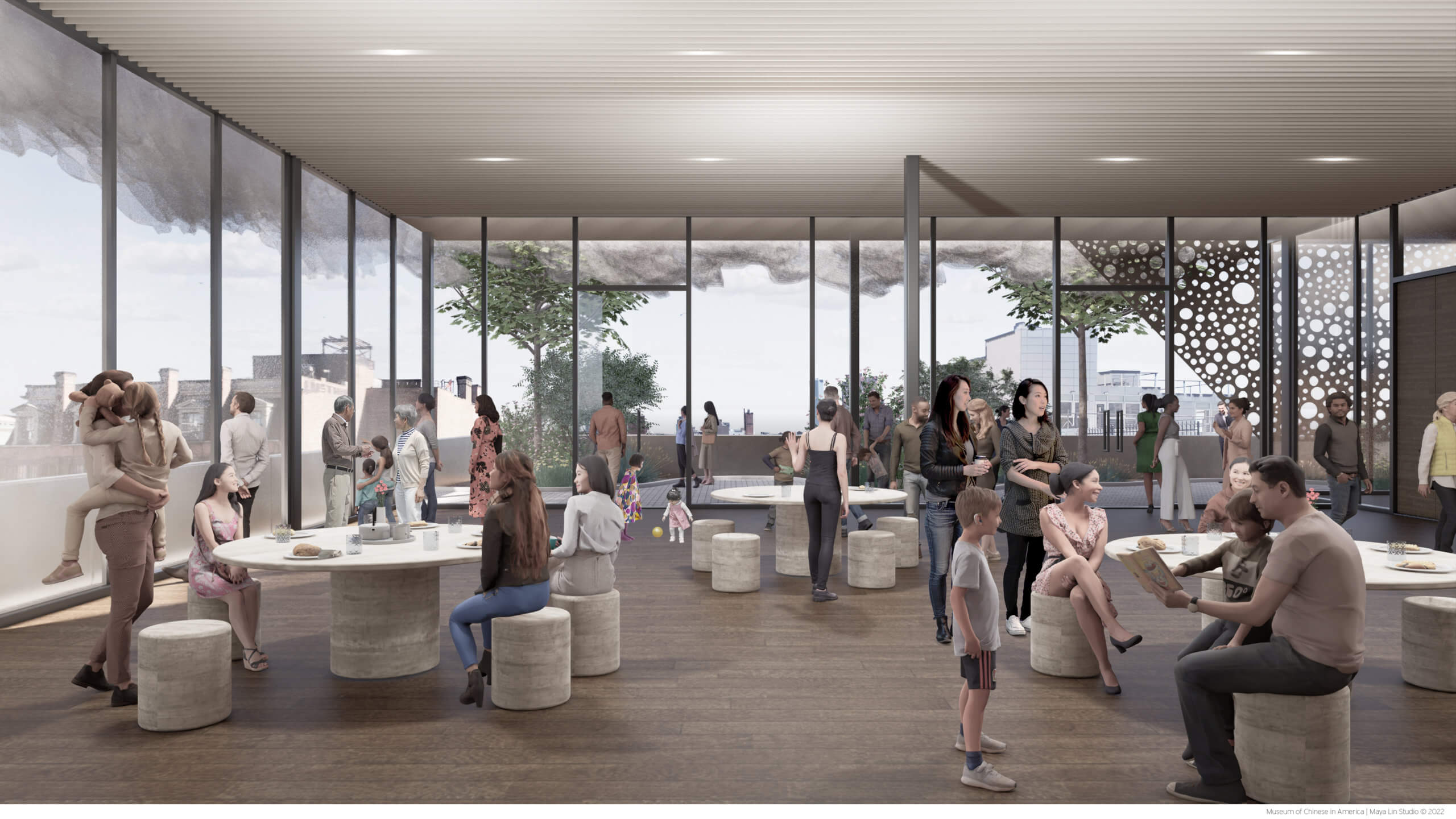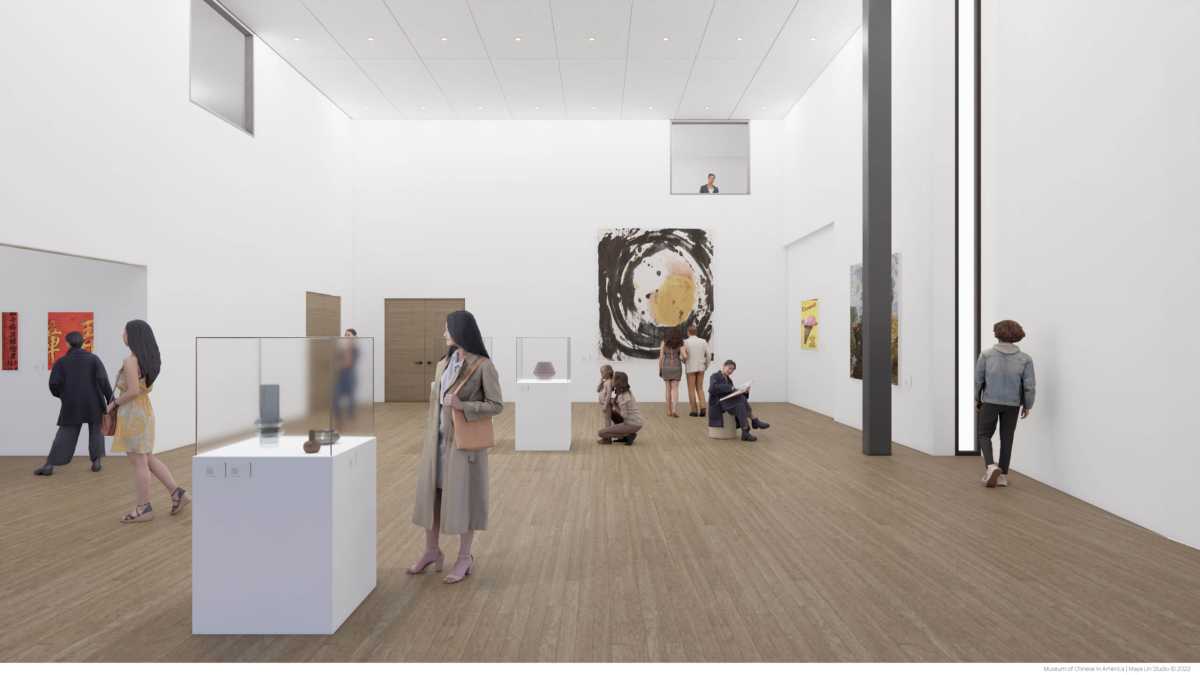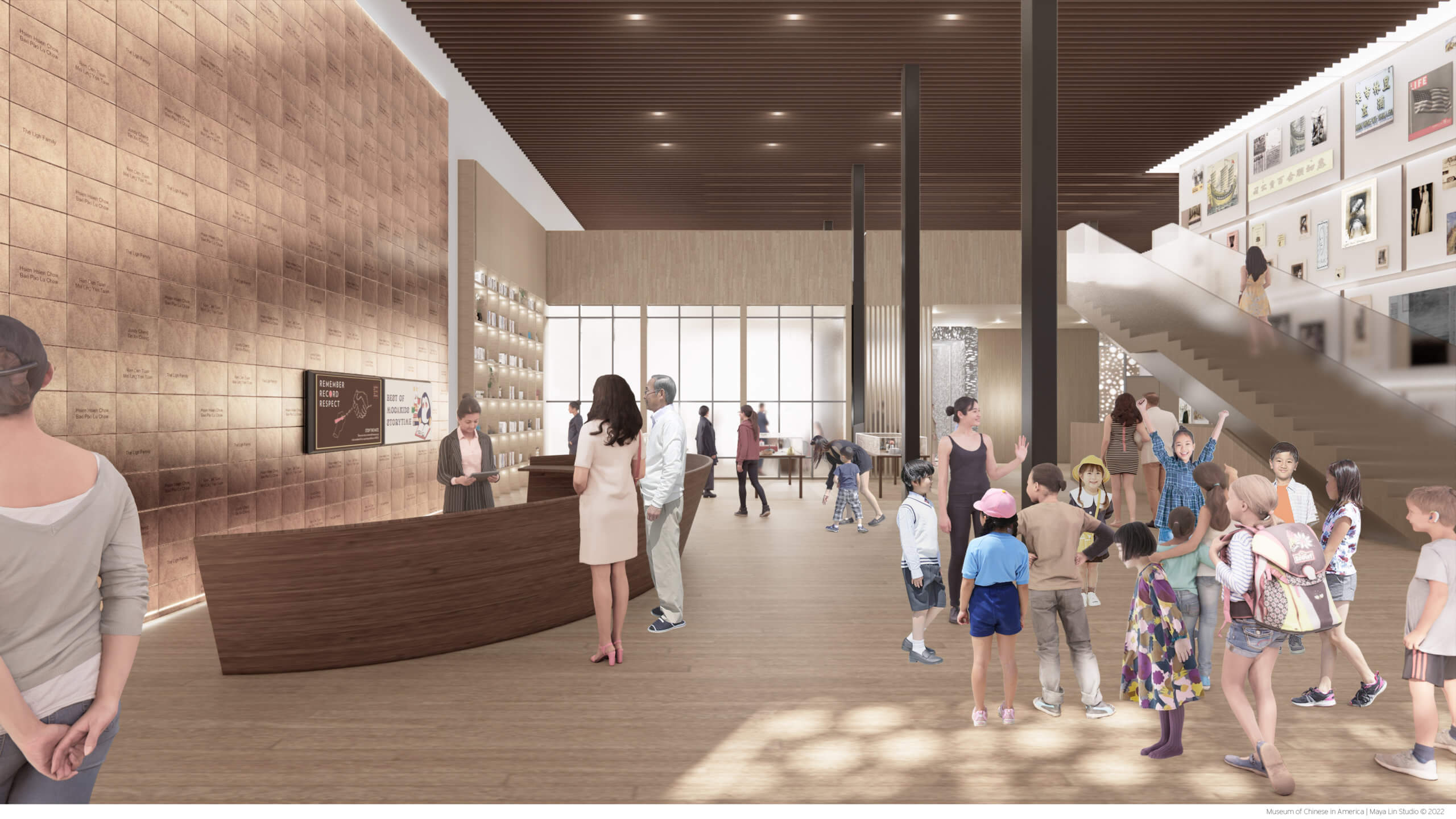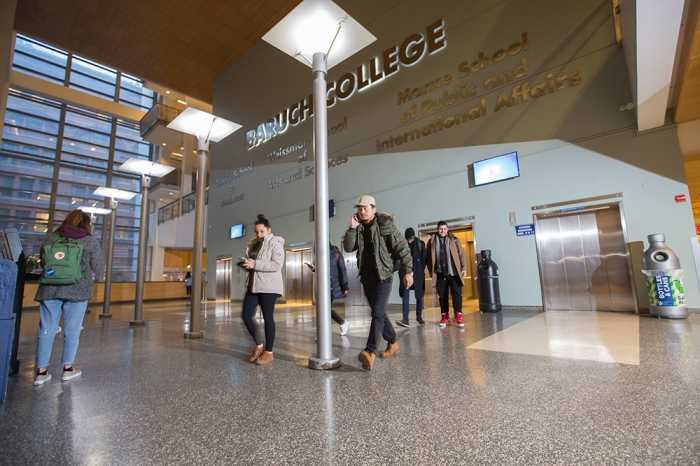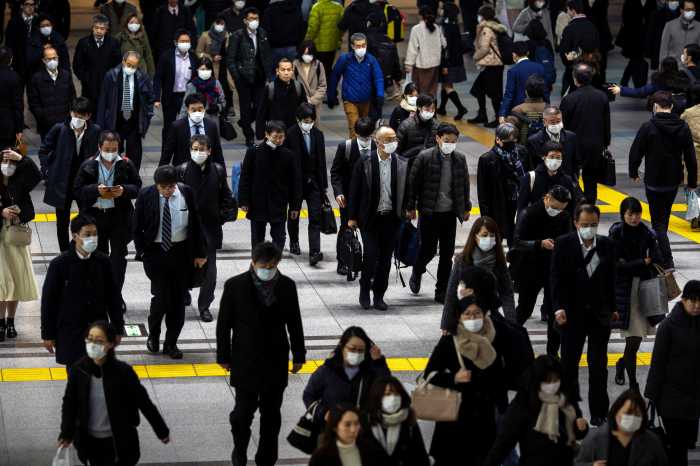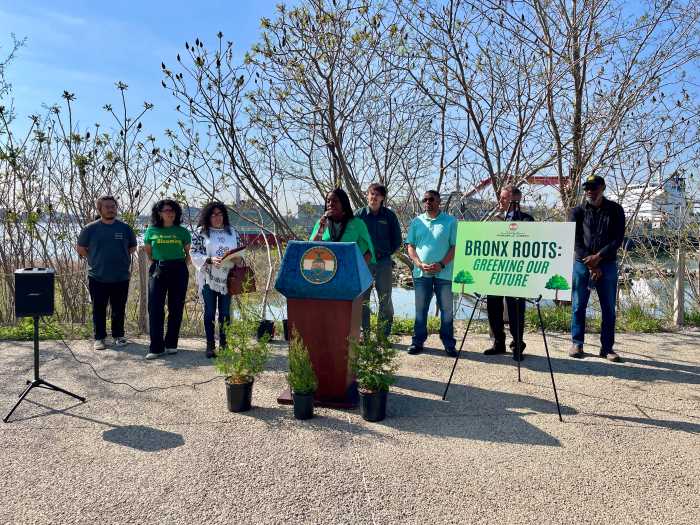On April 1, the Museum of Chinese in America unveiled plans for its new headquarters, which would amplify the history of the Chinese diaspora and provide state-of-the-art community gathering space.
The purpose of MOCA’s new headquarters is to replace the old location and provide a better space for MOCA. The current headquarters, located in Chinatown, currently has a footprint of 12,000 square feet.
In 2020, the MOCA was named one of 20 “America’s Cultural Treasures” by the Ford Foundation along with a grant of $3 million to ensure MOCA’s continued sustainability. A new and enhanced building would help provide MOCA with the space to continue its work.
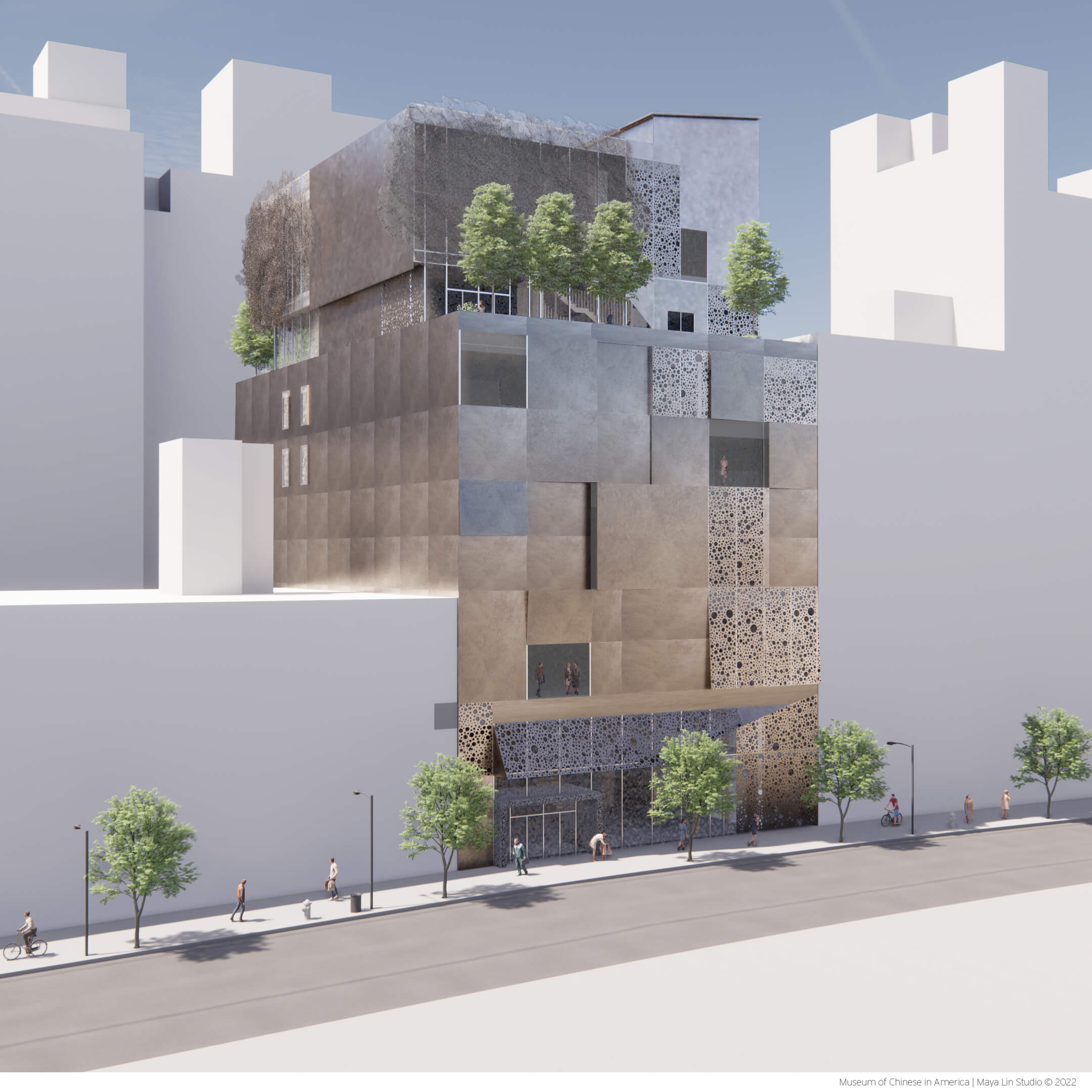
The new facility will expand the current footprint to more than 68,000 square feet. The building will feature a center for research and genealogy, theater, classrooms, cooking demonstration kitchen, exhibit space, canteen and outdoor gathering spaces. The new additions will offer visitors a welcoming place for research, exploration, education, creation and gathering.
Additionally, the new space will provide Chinatown and the surrounding neighborhoods a place for local groups to collaborate and showcase work, share multigenerational experiences, and create new works of art – the first state-of-the-art location of its kind in the area.
“Amid national waves of anti-Chinese American ignorance and fraught U.S.-China relations, there has perhaps been no more critical moment in recent memory for MOCA to serve as a hub for this important yet tragically overlooked history of the Chinese diaspora in the United States,” said Nancy Yao Maasbach, President of the Museum of Chinese in America. “The history of discrimination and racism toward Chinese Americans and Asian American Pacific Islanders in the U.S. dates back to the first immigrants from Asia. The space, at long last, will create the nexus between these missing elements in U.S. history and public access at the same time MOCA will celebrate the journeys and successes”
Maya Lin is the designer of the new facility. Lin’s design is inspired by the tangram, an ancient Chinese mathematical puzzle. This simple yet intricate puzzle translates to a metal panel facade as well as interior volumes connecting the exhibition floors, classrooms and event spaces. The shifting planes and perforated panels allow daylight to strategically enter the exhibition spaces and larger openings to light workspaces and classrooms as well as create views.
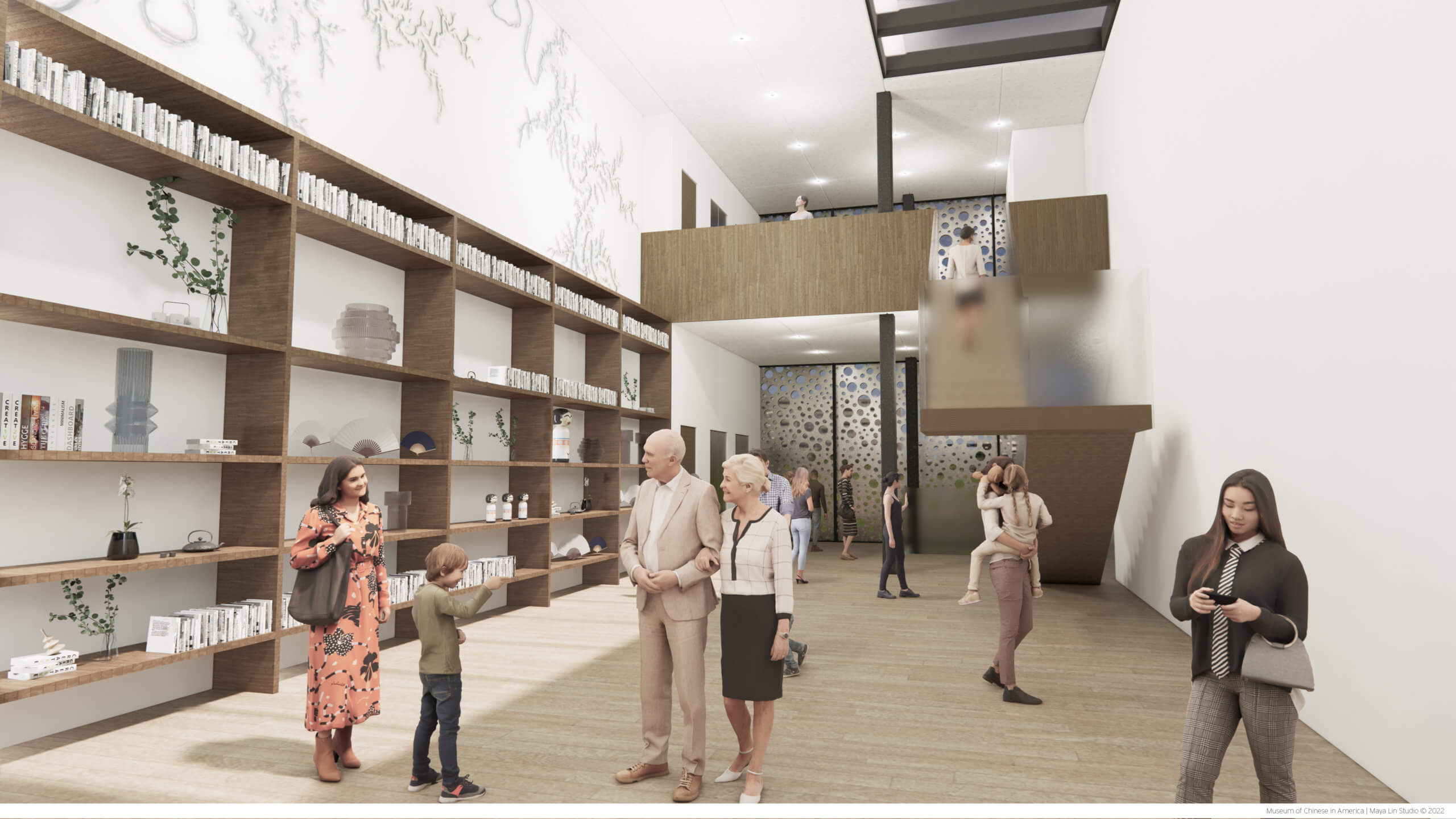
Lin’s design also takes inspiration from vertical Chinese landscape paintings. Rising from a stone plinth, the solid body of the building, like a tree-covered mountain, disappears into a cloud-like lattice that holds a two-story lecture hall and auditorium.
“This is a true passion project for me,” said Maya Lin, Founder of Maya Lin Studio. “As a child of Chinese immigrants, I have throughout my life experienced firsthand anti-Asian discrimination and hostility. I’ve been drawn to MOCA and its critical mission for years, and am incredibly moved to be able to present our design for its new headquarters – a place that will welcome, teach and inspire visitors from around the world.”
Lin partnered with Ralph Appelbaum Associates, one of the world’s leading museum design firms. This project is the first collaboration between the two world-renowned firms.
“Long a vital touchstone for the story of the Chinese American experience, this new nationally oriented addition to New York’s cultural offerings will reveal a dramatic narrative of determination and persistence in becoming American,” said Ralph Appelbaum, Founder of Ralph Appelbaum Associates. “Our expanded new permanent home in the heart of America’s largest Chinese community anchors a full range of new participatory visitor amenities…that feature the lived experiences of generations of Chinese immigrants through artifacts from MOCA’s rich collection. Collaborating with Maya Lin, whose narrative architecture embodies our story-based approach to history, is sure to offer resonant moments to all visitors in unexpected, beautiful, and memorable ways.”
MOCA’s new facility is set to open in 2025 to allow the organization to continue to engage audiences in an ongoing and historical dialogue, in which people of all backgrounds can see American history from a critical perspective, reflect on their own experiences and make meaningful connections.
